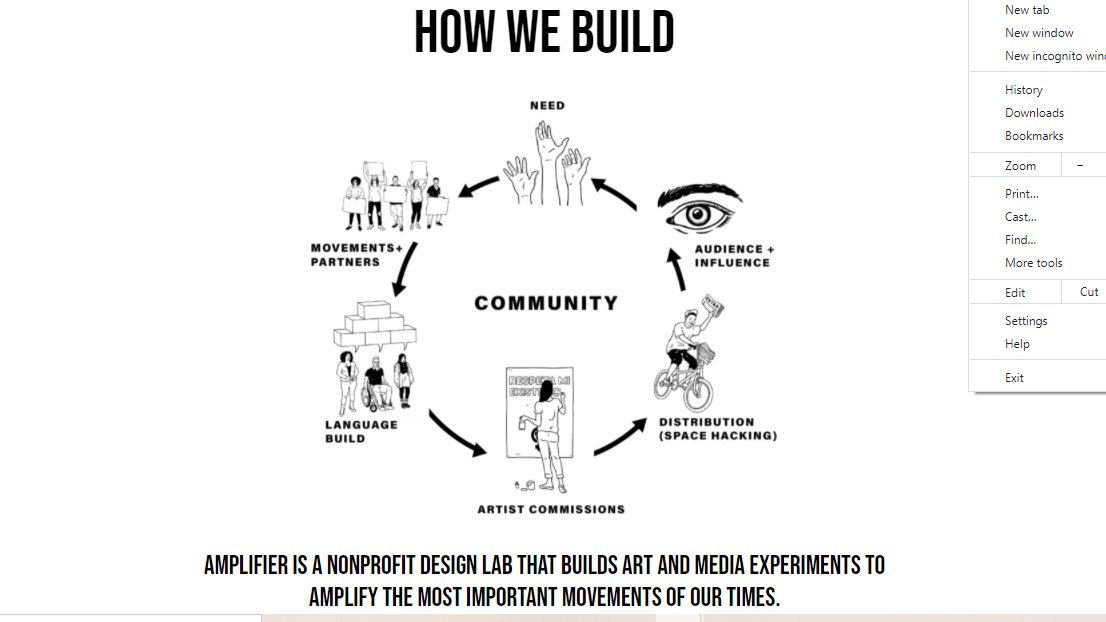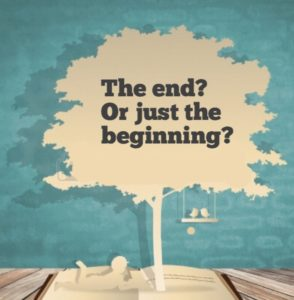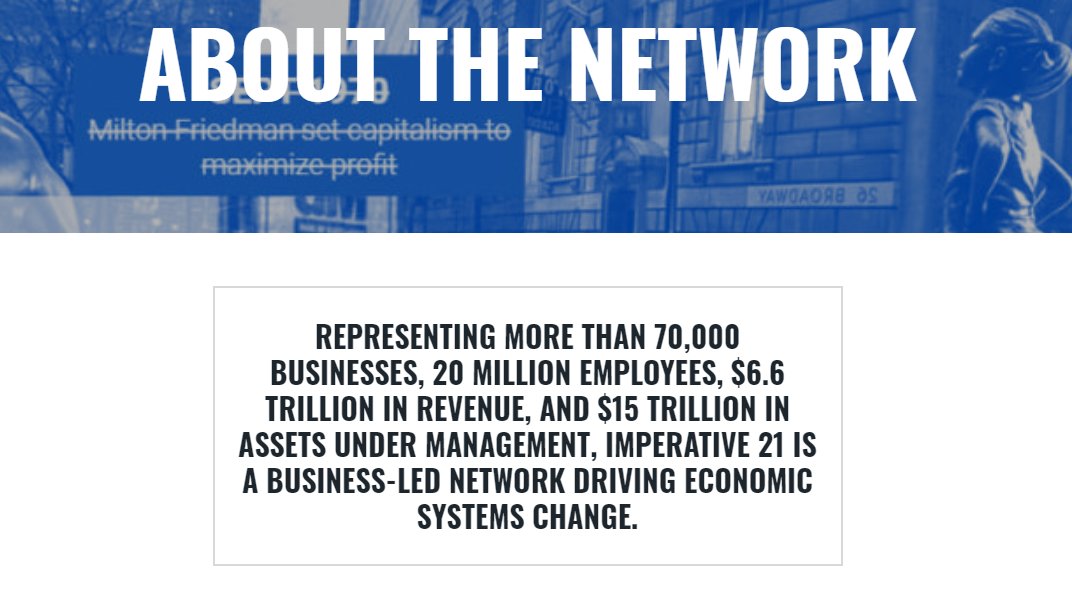
Behind the scenes of Great Reset
IMPERATIVES21 ($15 trillions in assets)
Created as a basis for masive economic system change Driving a RESET from shareholders to Stakeholder Capitalism = Socialism as a New Economic Model
No property, no privacy.

https://t.co/XirjgY3Mrk
https://t.co/OqyJI6TcMk
https://t.co/bWnqIUaATY
Oct,18: Event 201
Oct, 24: Imperatives 21 announced
Nov 19: Council for Inclusive Capitalism met with Vatican
Nov 22: Kissinger visits China
Dec 2, Schwab, WEF: Davos Manifesto
January 21:WEF meeting
March 11:Pandemic declared
May: The Great Reset
It is obvious now, that they've been planning Reset for a years. They don't hide it.
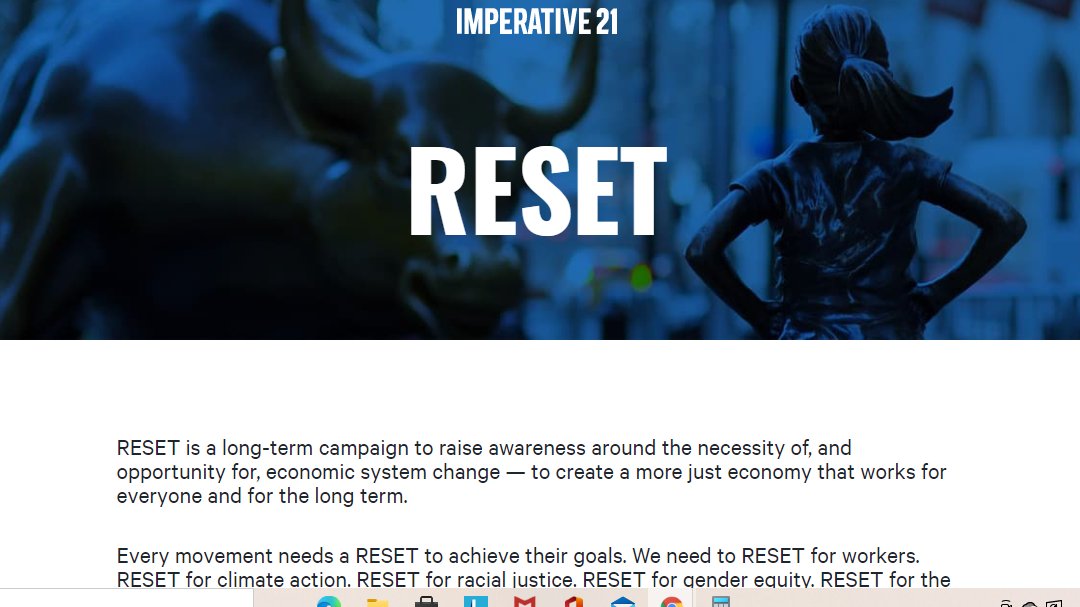
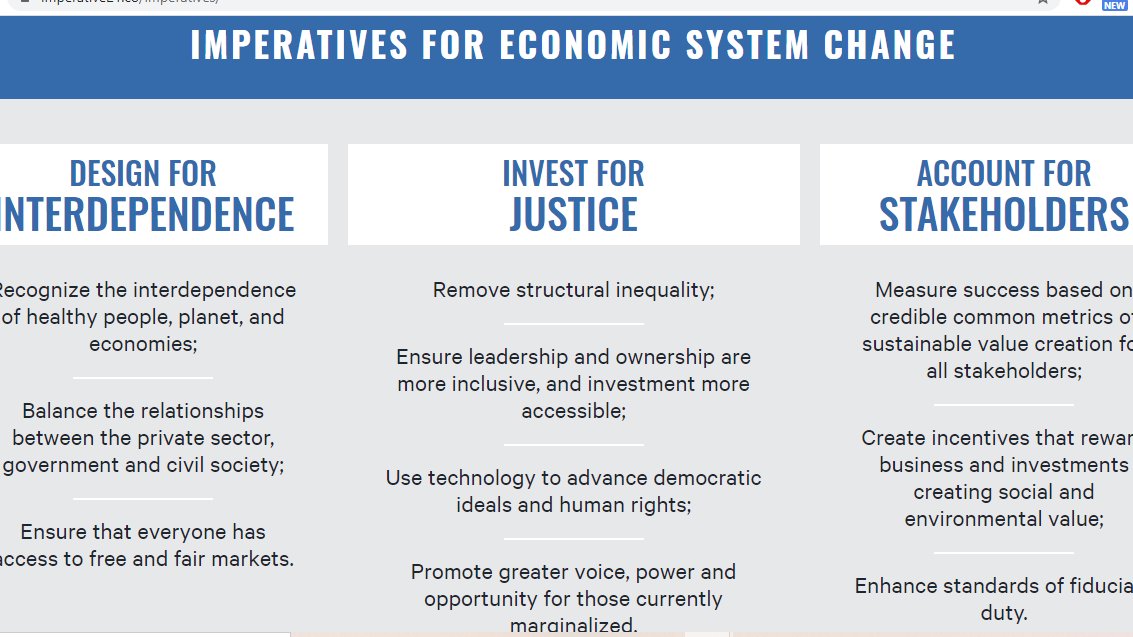
Btw: Twitter account of Council for Inclusive Capitalism is from May, 2012.
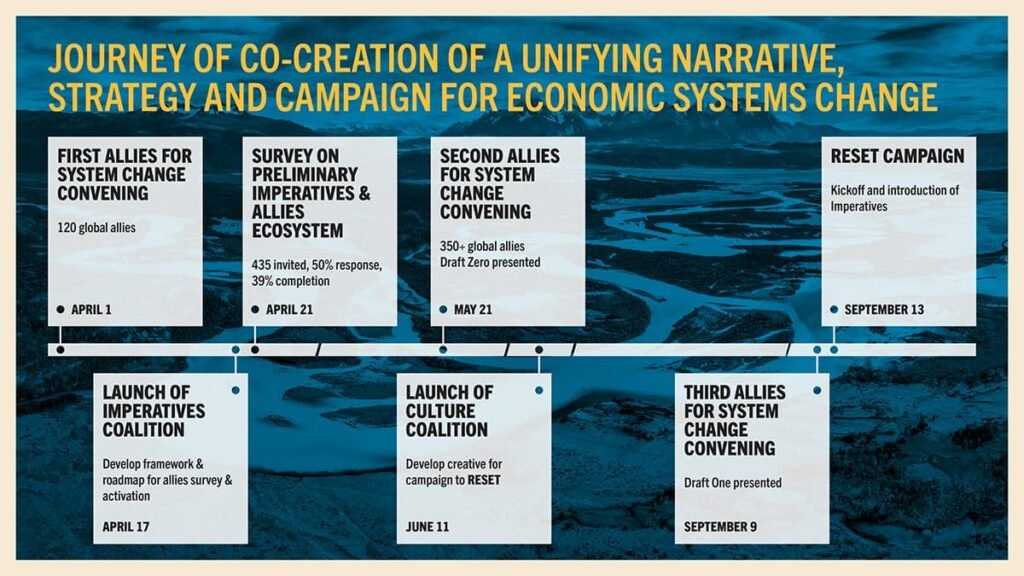
https://t.co/8shPnQN5Nl
thx @WillemsEugene
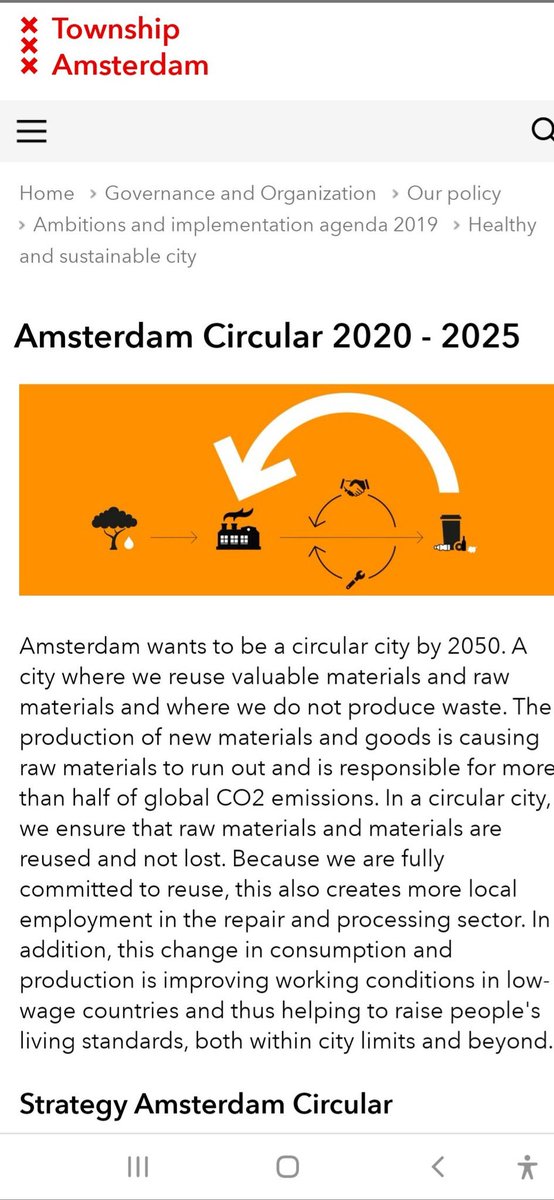
The UN’s SDG were signed on to by 193 countries. The Imperatives describe the economic system required to achieve them.
Economical system of Agenda 2030 is socialism. Abolishment of private property and privacy.
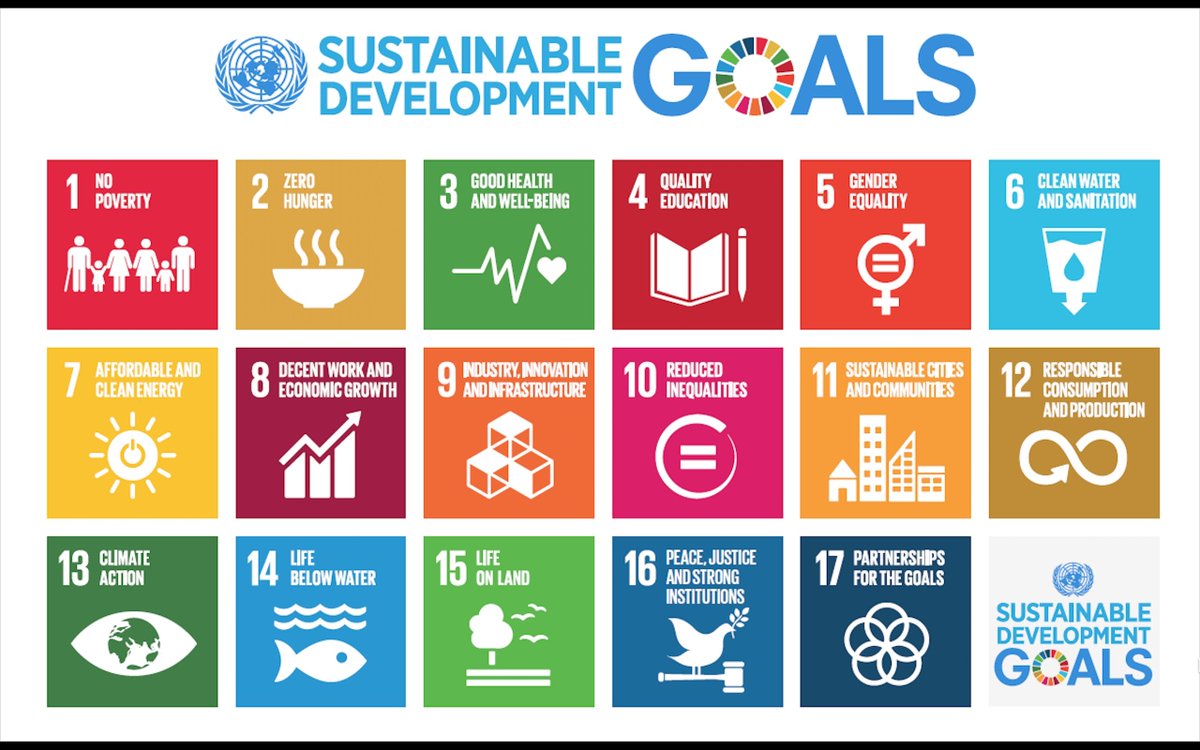
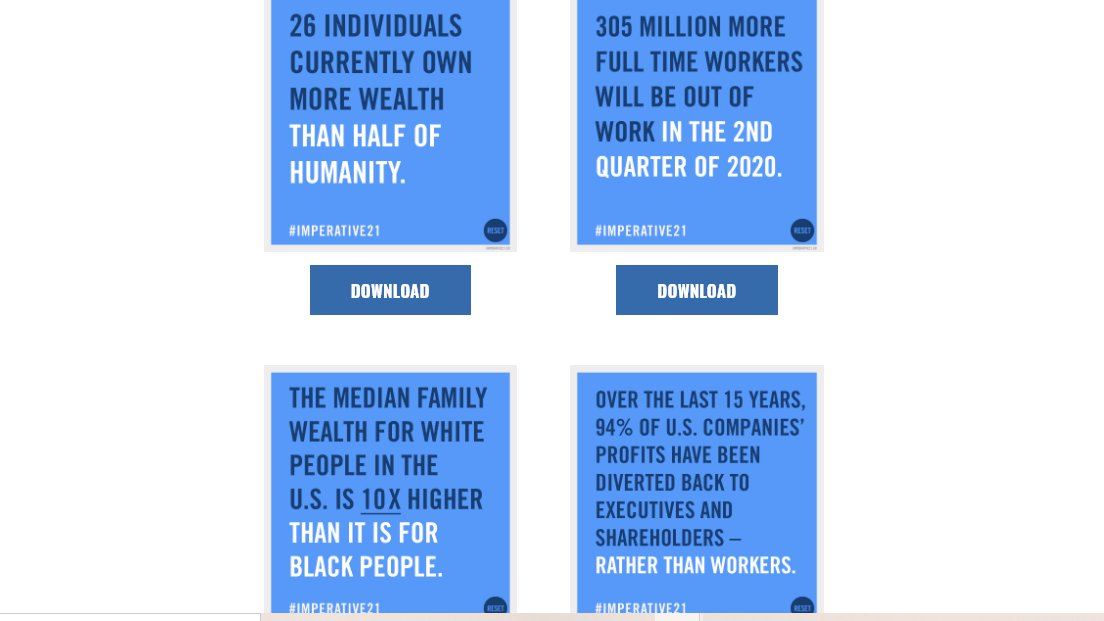

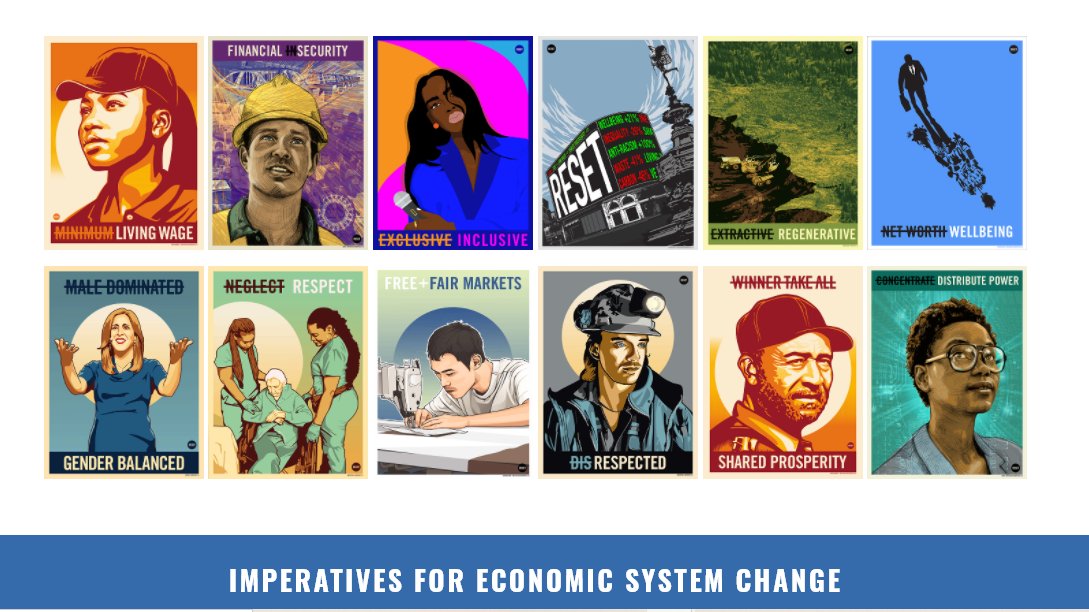
"The economic system change articulated in the Imperatives is necessary to make material progress to Build Back Better, including WEF stakeholder capitalism incentive.
https://t.co/LrF20CbiU2

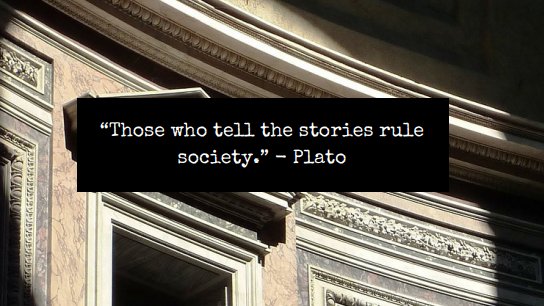
More from Economy
You May Also Like
I’m torn on how to approach the idea of luck. I’m the first to admit that I am one of the luckiest people on the planet. To be born into a prosperous American family in 1960 with smart parents is to start life on third base. The odds against my very existence are astronomical.
I’ve always felt that the luckiest people I know had a talent for recognizing circumstances, not of their own making, that were conducive to a favorable outcome and their ability to quickly take advantage of them.
In other words, dumb luck was just that, it required no awareness on the person’s part, whereas “smart” luck involved awareness followed by action before the circumstances changed.
So, was I “lucky” to be born when I was—nothing I had any control over—and that I came of age just as huge databases and computers were advancing to the point where I could use those tools to write “What Works on Wall Street?” Absolutely.
Was I lucky to start my stock market investments near the peak of interest rates which allowed me to spend the majority of my adult life in a falling rate environment? Yup.
Ironies of Luck https://t.co/5BPWGbAxFi
— Morgan Housel (@morganhousel) March 14, 2018
"Luck is the flip side of risk. They are mirrored cousins, driven by the same thing: You are one person in a 7 billion player game, and the accidental impact of other people\u2019s actions can be more consequential than your own."
I’ve always felt that the luckiest people I know had a talent for recognizing circumstances, not of their own making, that were conducive to a favorable outcome and their ability to quickly take advantage of them.
In other words, dumb luck was just that, it required no awareness on the person’s part, whereas “smart” luck involved awareness followed by action before the circumstances changed.
So, was I “lucky” to be born when I was—nothing I had any control over—and that I came of age just as huge databases and computers were advancing to the point where I could use those tools to write “What Works on Wall Street?” Absolutely.
Was I lucky to start my stock market investments near the peak of interest rates which allowed me to spend the majority of my adult life in a falling rate environment? Yup.

